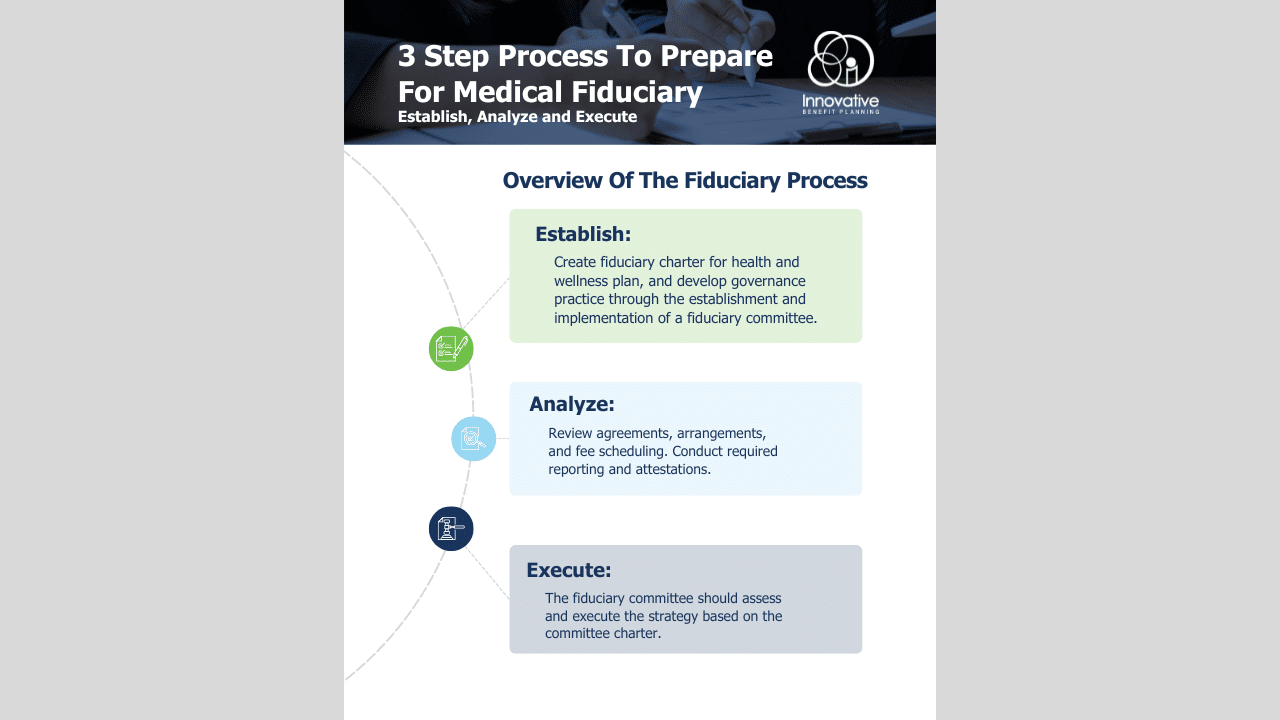On January 24, 2025, the U.S. District Court of New Jersey dismissed two fiduciary breach claims in Lewandowski v. Johnson & Johnson, et al. (“Lewandowski”). In Lewandowski, the plaintiffs alleged Johnson & Johnson (“J&J”) breached its fiduciary duties to plan participants and beneficiaries by mismanaging its prescription drug plans when it failed to prudently select and monitor its pharmacy benefit manager (“PBM”). The plaintiffs alleged this mismanagement resulted in higher healthcare costs to the participants. In its ruling, the Court determined that the Plaintiff failed to show an actual injury-in-fact and therefore lacked standing to bring the lawsuit. Specifically, the Court stated the plaintiff’s claim related to overpaying for certain drugs and premium increases were speculative and not redressable as the plaintiff had already reached the out-of-pocket maximum under the plan.
The court did not dismiss the plaintiff’s claim related to J&J’s failure to provide plan documents in a timely manner, which means the plaintiff may proceed with that claim against J&J. The court also granted the plaintiff with leave to amend the compliant to address any of the identified deficiencies related to their standing to sue.
The court’s decision may be seen as welcome news to plan sponsors; however, this case, and others like it, should be a reminder to plan sponsors of the importance of proper plan governance and documentation. Employers should:
– Review ERISA fiduciary governance to ensure vendor contracts and pricing structures are being thoroughly evaluated and documented
– Confirm ERISA plan documents are being reviewed and properly distributed annually and upon request
– Continue to monitor legal developments and changes that may impact them as plan sponsors
The court’s opinion can be found here.












